The place where your curiosity turns into a research project
The Research Station is the place within the Willem de Kooning Academy for education, sources and activities around research. In the academy, we work with the Circle of Doing Research. This is a practice-based model for setting up and carrying out research projects in art and design, which was developed in the Research Station.
In the Research Station you can:
- Follow classes and workshops on different aspects of doing research.
- Find materials, such as worksheets and presentations, that help you getting started on your research project.
- Find sources, both analogue and digital, for your research projects.
- Consult about research questions, topics, ethics and relevance.
- Get practical support in all research-related matters.
Research in arts and design has a strong focus within the Willem de Kooning Academy and can be found in all education programmes and at all levels, in the stations and the research centre. It is also still a field and educational practice in development. The Research Station plays its part in shaping, sharing, and implementing a future-oriented research education.
Research in art and design is characterised by its experimental, iterative, and applied process. There is always a component of making involved. Educating research in many ways is about opening up, articulating, and steering these processes. Research is often being carried out already in unexpected places and without it being recognised as such.
Art and design research produces experiential, sensuous, and situated knowledge (and non-knowledge!), next to contributing to theoretical and conceptual forms of understanding. Reflection and theory can take on many forms next to (academic) writing. Making public isn’t confined to the end-result of the research but happens during all phases of the project.
The Research Station hosts staff that give support in developing research skills. Research skills involve, for example, finding and using sources, writing and making public, questioning and documentation, applying and hacking research methods, articulating your own position, and reflecting on the ethics of doing research.
The Research Station offers insight and guidance into:
- Research by making
- Research of context
- Participatory research
- Reflecting on research
- Documenting research
- Making public
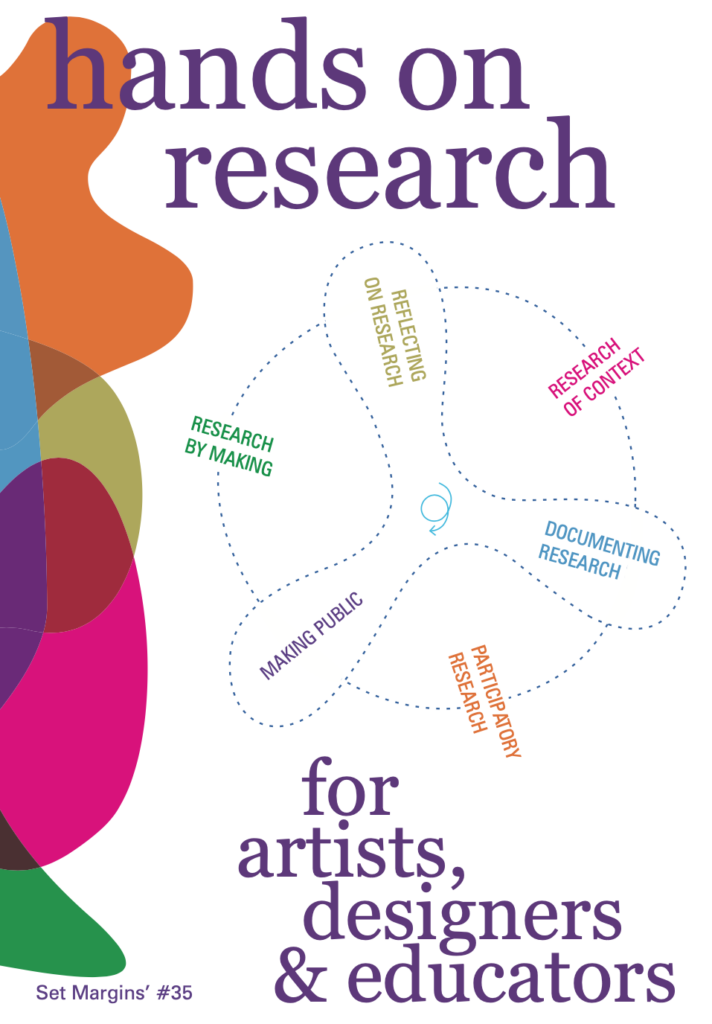 “>
“>
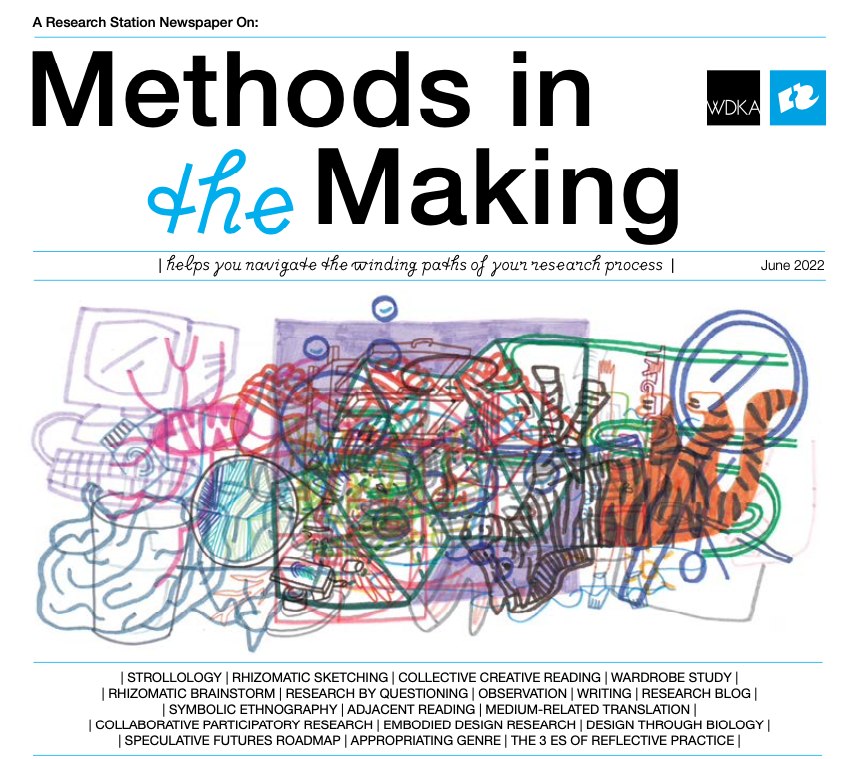 “>
“>
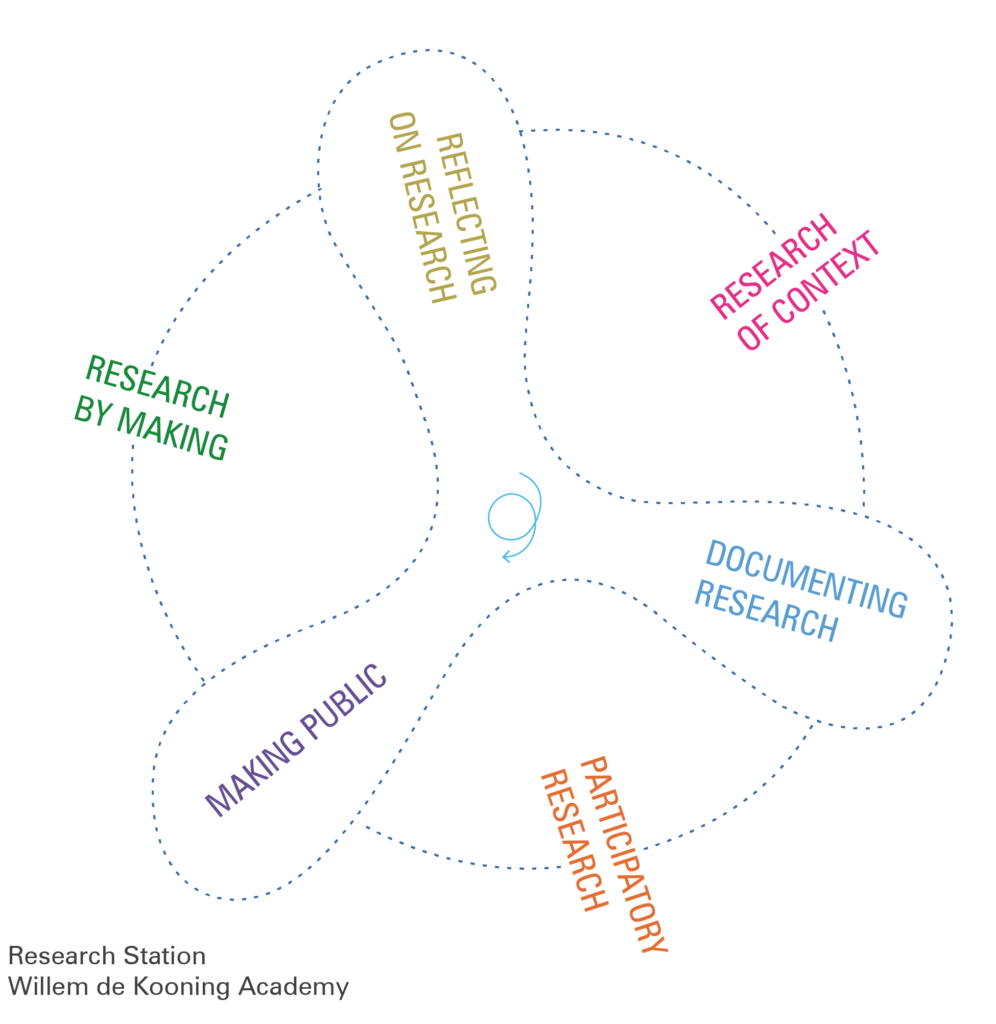 “>
“>
 “>
“>
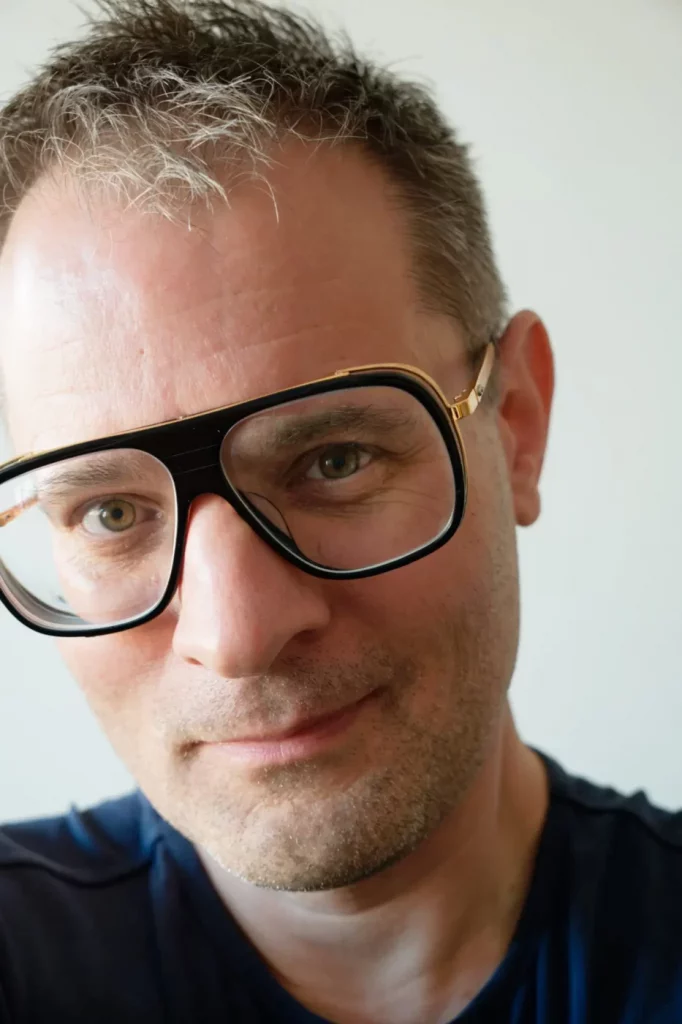 “>
“>
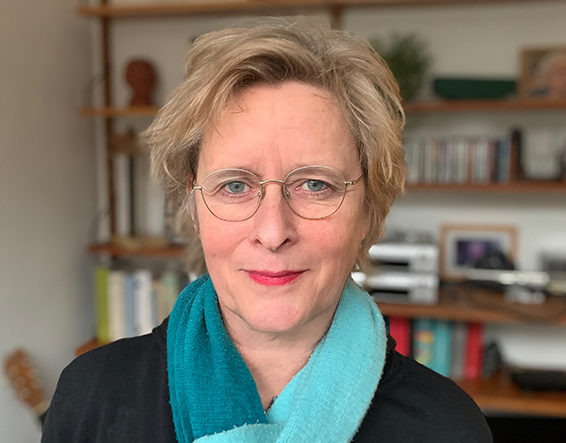 “>
“>
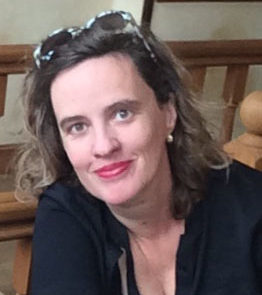 “>
“>
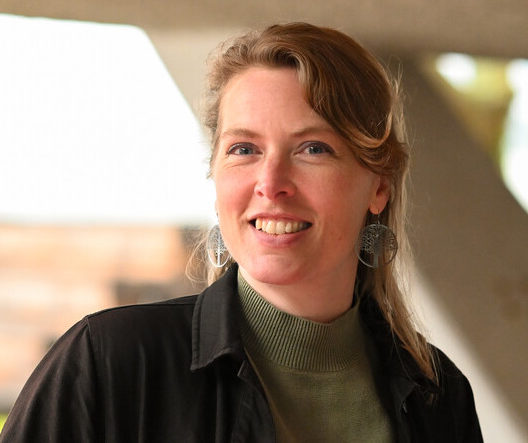 “>
“>
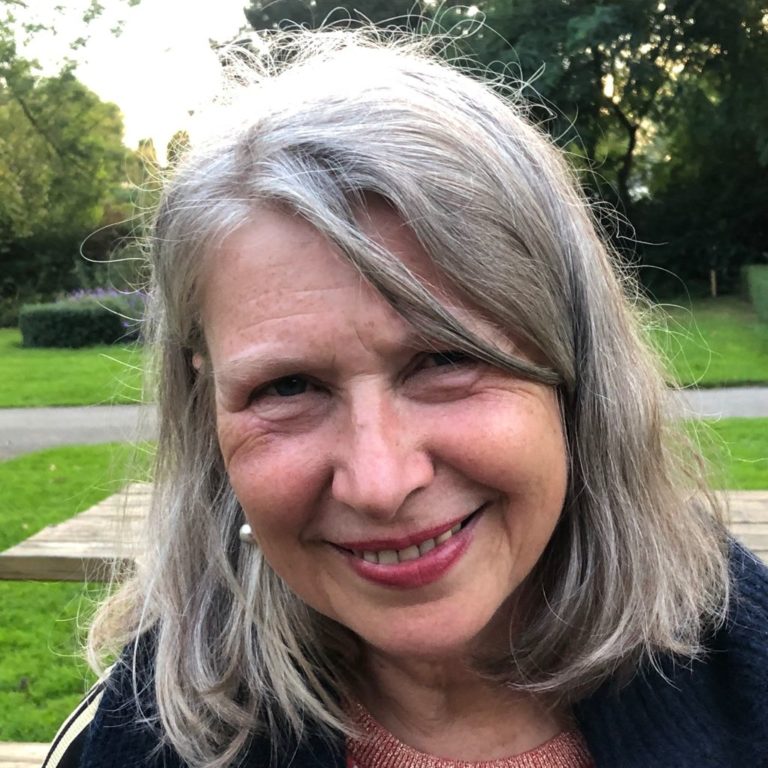 “>
“>